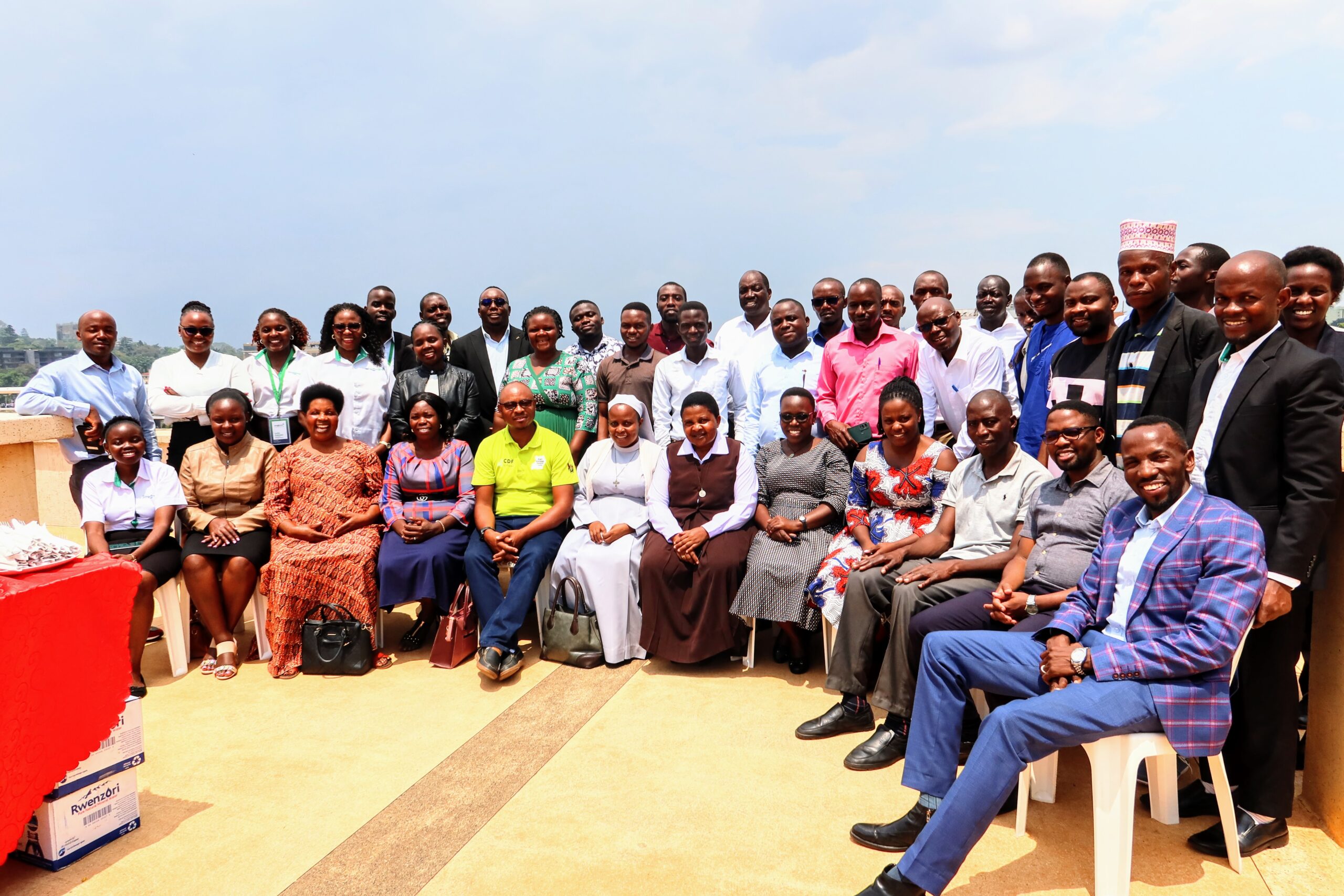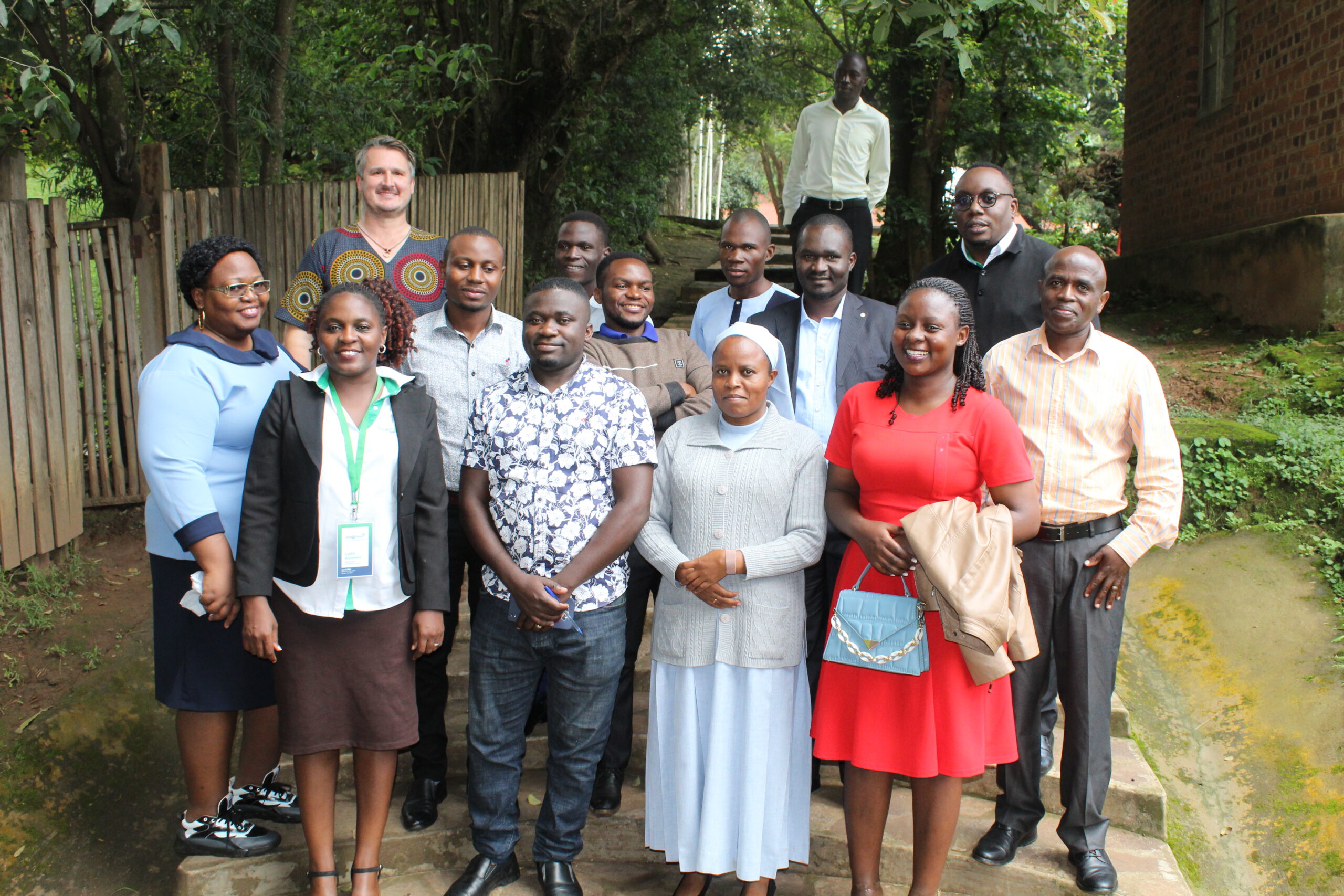
Stre@mline Ubuntu is an initiative that was launched on 22nd February 2023 in Kampala Uganda with the following objectives:
a) Extend access to affordable health care to vulnerable people
b) Facilitate hospital and community scheme sustainability.
c) Foster collaboration between partner hospitals
Our approach has 3 key pillars
1
Mobilization of community groups (women, savings, investments, burial, work associations, teachers, farmers, etc.) to save money together for their healthcare needs
2
Empowering trusted hospitals through capacity building training of hospitals including: pricing support, benefits structuring, scheme administration etc. so they are able to run a health cooperative
3
Technology deployment to enable hospitals do the scheme administration. Communities are provided with a community application to enable them save for healthcare in flexible weekly installments using Mobile Money
This model has been successful in Uganda at Kisiizi Community Scheme, in Rwanda at mutualle de sante and Unimed in Brazil.
Stre@mline Ubuntu is structured as a co-operative or mutual organization: Member-owned organizations whose goals are to satisfy their members’ social, economic, cultural needs.
A cooperative is a member-owned entity that seeks to meet its members’ social, economic, and cultural needs. Each cooperative member has equal voting rights, regardless of the number of shares they own or their role in the organization.
A cooperative is a separate legal entity from the members, directors, and employees. These parties are not liable for the entity’s debts.

We imagine a future where:
Community members have gained social protection for health care needs. They are no longer selling their assets, borrowing money or waiting to die because they cant afford healthcare.
We have democratized healthcare access and majority of the population has a healthcare cover. Fewer people are paying out of the pocket. Everyone who wants healthcare can access it, not only those who can afford it. There is equitable access to healthcare for all.
Communities, governments and hospitals are more involved in health prevention activities. Public health has been strengthened. Our capacity to identify and respond to disease has been improved. All decisions are data driven. eg. Hospital management can spot a village presenting with diarrhea so, they fix the water source in the village and diarrhea cases are stopped. The community is more educated about their health.
Healthcare spending has been reduced.
Uganda has achieved Universal Health Coverage Sustainable Development Goals.
RURAL HEALTH INSURANCE
With premiums of only Ugx 2000 (USD 0.5) monthly, rural communities can now access health care from hospitals in their communities. The insured are healthier, their finances too.
